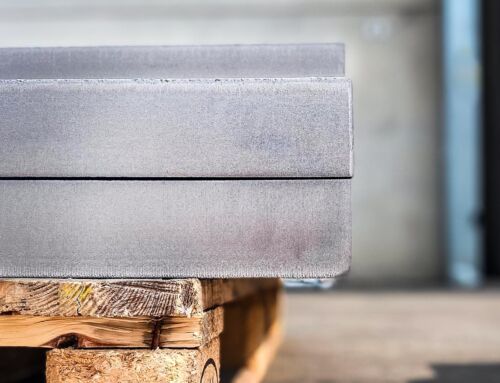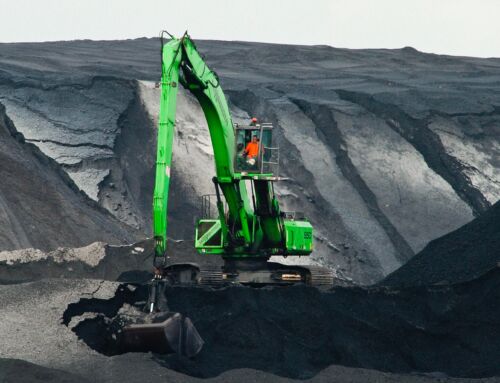Sidertaglio Lamiere specializes in flat sheet metal processing, with a particular focus on structural sheet steel. These structural sheets, produced through a mechanical process known as rolling, are categorized by thickness: thin (less than 2mm), medium (2 to 4mm), and thick (greater than 4mm). Sidertaglio Lamiere primarily deals with heavy steel plates, ensuring high-quality structural sheet steel for various applications.
Types of semi-products in steel production
Steel mills generally produce four types of semi-products, regardless of whether they use a blast furnace (continuous cycle with iron ore and carbon coke) or an electric furnace (scrap recycling through electric arc melting). The main semi-products are billet, bloom, ingot, and slab. The slab is the starting point for the rolling process that produces flat sheets.
Uses of structural sheets in industry
Structural sheets are crucial in various industries, particularly in the engineering sector. They are widely used for constructing infrastructure like viaducts and bridges, manufacturing industrial machinery, and creating other steel products such as profiles and beams. Flat structural sheets have significantly contributed to industrial advancements, including the first Industrial Revolution.
Processing methods for structural sheet steel
After rolling, structural sheets undergo various processing techniques to meet specific requirements. These processes include oxycutting, plasma cutting, laser cutting, automatic punching, and water jet cutting. Sheets can also be bent, calendered, stretched, or compressed for desired modifications. Key factors influencing their use include their weldability, which is directly related to the carbon content (C).
Importance of weldability in structural sheets
The weldability of structural steel is a critical factor in general or specialized carpentry, especially when joining two pieces by welding. The carbon equivalent (Ceq or Cev) is the primary indicator of weldability. Higher carbon content reduces weldability, so reducing carbon to around 0.16 – 0.18% is essential for achieving a weldable sheet, particularly in semi-hard steel train sheets.
Certification and compliance for structural sheet steel
Every structural sheet is accompanied by a certificate that outlines the entire production process, from the chemical analysis of the liquid steel to the mechanical rolling process and any heat treatments. This certification complies with European standards, specifically EN 10025, which governs the production of coarse flat sheets. The certificate includes crucial information, such as the manufacturer’s name, product standards, dimensional characteristics, chemical composition, mechanical test results, and any additional treatments.
The role of the mill test certificate (MTC)
The Mill Test Certificate (MTC) serves as the identity card for sheet metal. It is the only document that verifies the quality of the product. Without this certificate, it is impossible to trace the product back to the manufacturer in case of defects, making it challenging to contest the sheet metal’s quality. Sidertaglio Lamiere works exclusively with qualified manufacturers, ensuring that each sheet metal has a traceable identity.
Benefits of using S355J2+N steel sheets
Among the various types of steels that Sidertaglio Lamiere deals with, S355J2+N is among the most used for its excellent mechanical properties, such as the ultimate tensile strength (Rm) and the yield strength (Reh or Rp02). This material is ideal for various processes and offers superb weldability, guaranteed by an optimized equivalent carbon value (Ceq or Cev).
Heat treatment for improved performance
The S355J2+N sheets also undergo post-rolling heat treatment to eliminate internal structural stresses from the production cycle. This normalization treatment, whether through controlled temperature fine rolling or oven treatment, ensures better resistance to stresses caused by hot cutting, bending, or calendering. The pursuit of high-performance products and quality manufacturers, combined with decades of experience in sheet metal processing, enables Sidertaglio Lamiere to deliver exceptional quality and performance.







